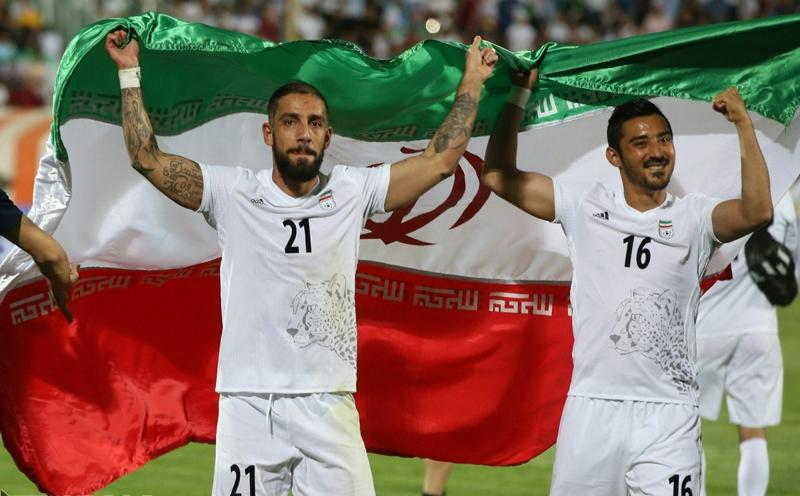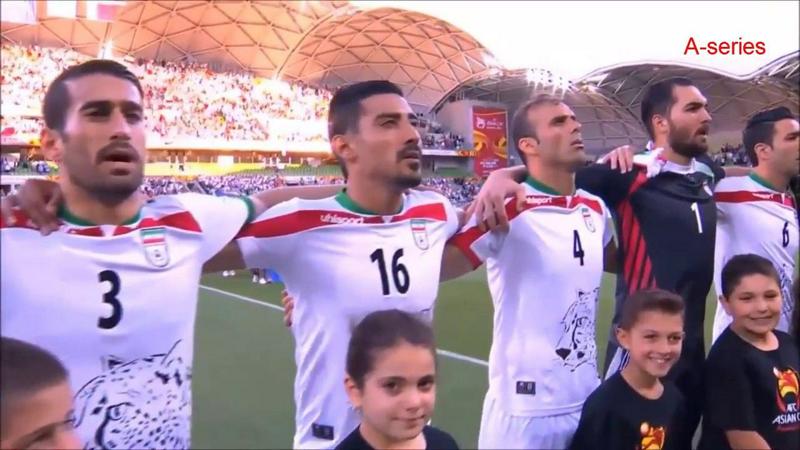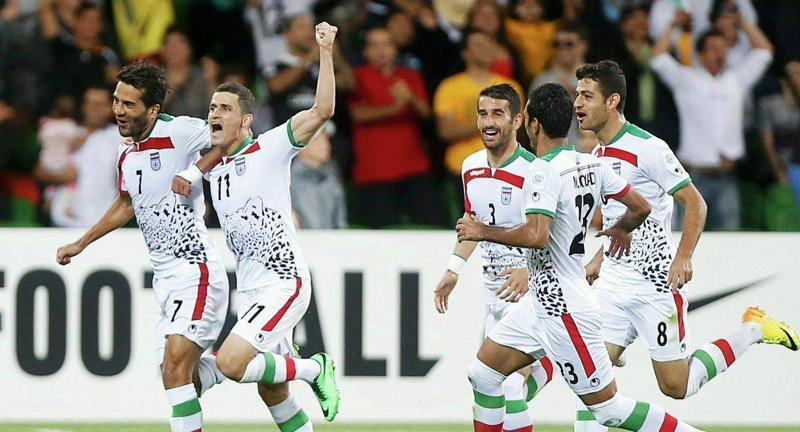
In Group B, Portugal and their star striker Cristiano Ronaldo may struggle to score goals. The European champions will face not only their neighbours from Spain, but also the best African defense (Morocco) and the best Asian defense - Iran, who lost just once in 29 matches played between April 2015 and March 2018.
Hard nut to crack
Iran are preparing for their fifth World Cup, yet they have never advanced from the group and claimed just one victory at the group stage, against USA in 1998. However, already four years ago the Asian team looked like a hard nut to crack. In particular, they fiercely resisted in the group match against Argentina before Lionel Messi scored the winner in the 91th minute.
And during the Asian qualification for 2018 World Cup, the team coached by Carlos Queiroz showed an even better defensive quality. In the second round, they topped Group D ahead of Turkmenistan, Oman, Guam and India with an impressive 26-3 goal difference. And in the third round, they faced rivals of a bigger caliber, such as South Korea, Syria, Uzbekistan, China and Qatar. While Iran did not produce many goals - only 10 in as many matches - they were rock-solid in defence, getting nine straight clean sheets before conceding twice against Syria in the last group match.
Lack of star names
The Portuguese Queiroz, who took charge of Iran in 2011, has used his vast international experience to produce a highly organised and well-disciplined team. During the qualifying campaign, they never looked in danger and were actually the second team to book their ticket to the World Cup after Brazil - of course if we do not count the host nation Russia.
Iran’s defensive strength looks even more amazing given that none of their back line players can be called international stars. The first-choice goalkeeper Alireza Beiranvand plays his club football for Persepolis, and the 29-year-old’s name is not much known outside Iran. That said, last year he became the first Iranian ever to be nominated for an individual award at The Best FIFA Football Awards, and took joint ninth place in the vote for the best goalkeeper of 2017 - much for his heroics during the World Cup qualifying campaign.

Some of the defenders also play in the Iranian league. The best example is centre back Jalal Hosseini, the 36-year-old veteran from Persepolis, who has played more than 100 games for the national team. His only spell abroad during a long career was a year at Qatar’s Al Ahli. Hosseini is not super tall (185 cm), but his ability to read the game well makes him a solid defender.
Another centre back Morteza Pouraliganji is playing in Qatar now - in 2016, he moved to Al Sadd from China’s Tianjin Teda. There are also a few defenders who are based in Europe, such as Ramin Rezaeian from Belgium’s Oostende and Milad Mohammadi from Akhmat Grozny.

Bringing diaspora players
A few other names of Iranian footballers are perhaps better known for the general public. Midfielder Ashkan Dejagah plays for Nottingham Forest, forward Reza Ghoochannejhad for the Dutch club Heerenveen, and another striker Sardar Azmoun, who represents Russia’s Rubin Kazan, is arguably Iran’s biggest star and one of the best Asian attackers at the moment.
During Queiroz’s time at the national team, he brought in a few players from the Iranian diaspora. Some of them did not convince the coach of their talent, but Dejagah and Ghoochannejhad are the best examples of those who did. Both were born in Iran, but emigrated to Germany and Holland respectively with their families at a very early age, so their European background certainly provided some extra power to Iran.
Of course the World Cup draw was not favourable for the team, who are to face two Iberian heavyweights, Portugal and Spain. It will be a tough test for Iran, but their defence will try to hold back Cristiano and other superstars.
Comments